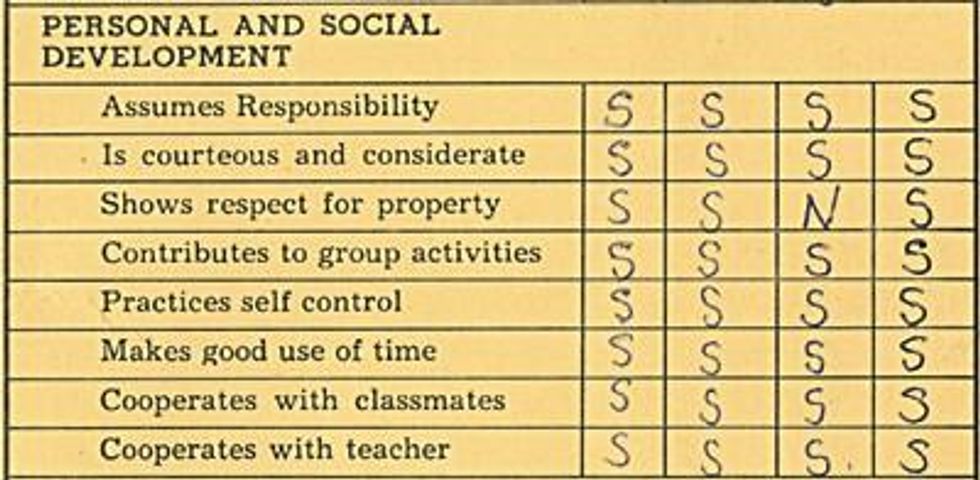When you were a kid and got in trouble at school, did they ever threaten to "put it in your permanent record?" That's a scary prospect, knowing that the information could be seen forever by anyone with access to it. But what if that record had more in it than just grades and disciplinary problems? What if it included things like when your parents got divorced, or that you had been homeless for a while?
Starting at the end of last year, a nonprofit organization called inBloom began to test new cloud-based software to collect information from student records and use it to individualize the education a student receives. Much of this individualized instruction will come from third-party for-profit companies that will be granted access to students' data, effectively giving corporations that deal with inBloom free rein to mine student data as they see fit.
A joint venture of the Bill and Melinda Gates Foundation and the Carnegie Corporation, inBloom has a long list of corporate partners, including Amazon, Dell, and Scholastic (maker of The Magic School Bus and The Magic Treehouse children's book series). Originally, inBloom was known as the Shared Learning Collaborative (SLC), a Gates Foundation- and NewsCorp-backed organization that had been quietly developing a "set of shared technology services" for several years, in order to "connect student data and instructional materials."
By 2013's South-by-Southwest festival in Austin, Texas, SLC had rebranded itself as inBloom. The Gates Foundation is a well-known advocate of charter schools, school-privatization measures, and reforms like increased reliance on standardized testing and merit-based pay. (All these changes are unpopular with teachers and teachers' unions.)
The information collected by inBloom goes well beyond what's found in a typical permanent record. The data elements that the inBloom database is set up to collect include "Pregnant Teen," "Unschooled Refugee," "Foster Care," and "Removed by Child Protective Services." It also includes whether, in a disciplinary incident, a student was a "Victim," "Perpetrator," "Witness," or "Reporter."
Louisiana is currently inBloom's largest guinea pig. In addition, the program has been deployed for testing in public school districts in Massachusetts, Illinois, Colorado, and North Carolina. New York City's Department of Education is also participating. Schools in Delaware, Georgia, and Kentucky will begin their own tests of the data-gathering software in fall 2013. In New York City, Leonie Haimson, executive director of Class Size Matters, an advocacy organization for smaller class sizes, has been working diligently to make parents across the country aware of what their school districts may be doing. "There's not a single school district that's allowing parents the right of consent, or to opt out of the program," Haimson told Dollars & Sense.
Haimson also pointed out the lack of certainty in inBloom's own privacy policy, which states that the company "cannot guarantee the security of the information" or that the "information will not be intercepted when it is being transmitted." That should be, Haimson said, "a huge red flag." The Campaign for a Commercial-Free Childhood (CCFC), an advocacy group which seeks to decommercialize the lives of American children, is among those spearheading the campaign against inBloom in Massachusetts.
In the past, the group has fought and won battles against Scholastic, for distributing a curriculum to fourth graders that was sponsored by the coal industry, and the Needham, Mass.-based company BusRadio, for advertising to students on school buses. Now, CCFC is working with the ACLU and Massachusetts PTA to fight inBloom, out of concerns that students' information could be exploited for financial gain by private corporations. "Unlike school officials who are trained and have specific rules and restrictions about the use of student data, these are huge companies with lots of divisions that this data would be interesting to," CCFC associate director Josh Golin told Dollars & Sense. "There's no provision other than good faith that the data won't be shared internally."
Equally worrisome to Golin is the role teachers would play under the inBloom system. "The role of the teacher is to input data, to be a data collector, and to pass on lessons designed by algorithms and apps back to their students. The expertise is in the cloud, not in the teacher," Golin said.




